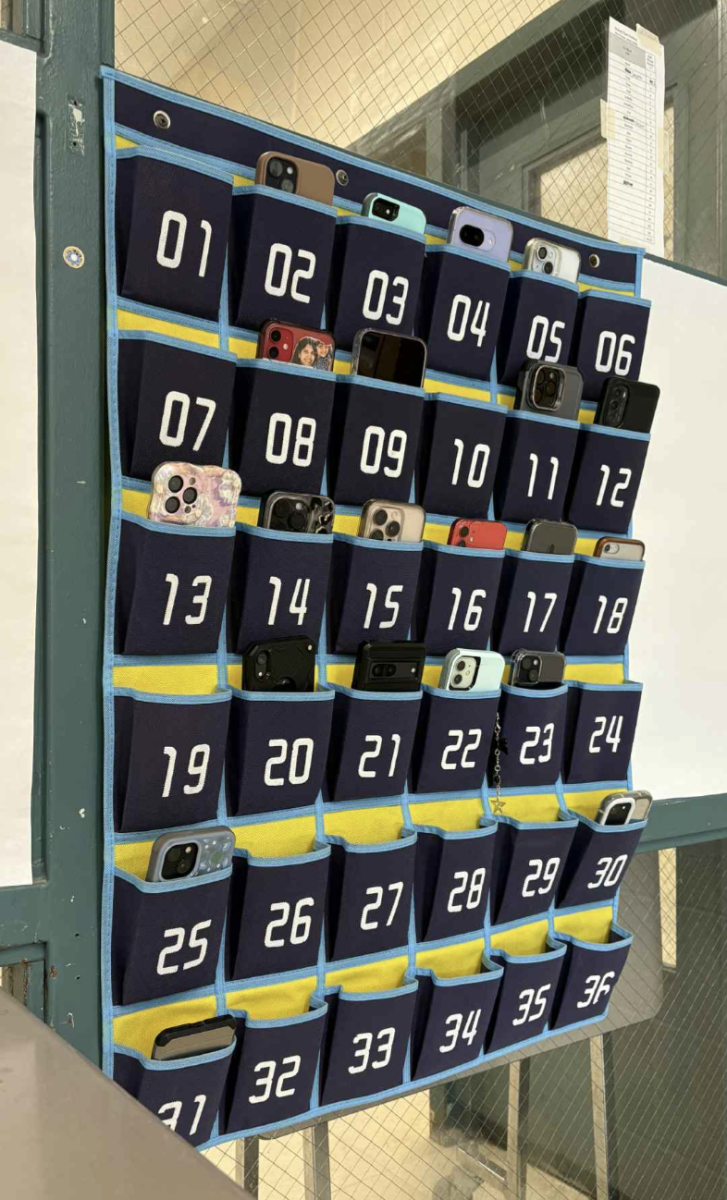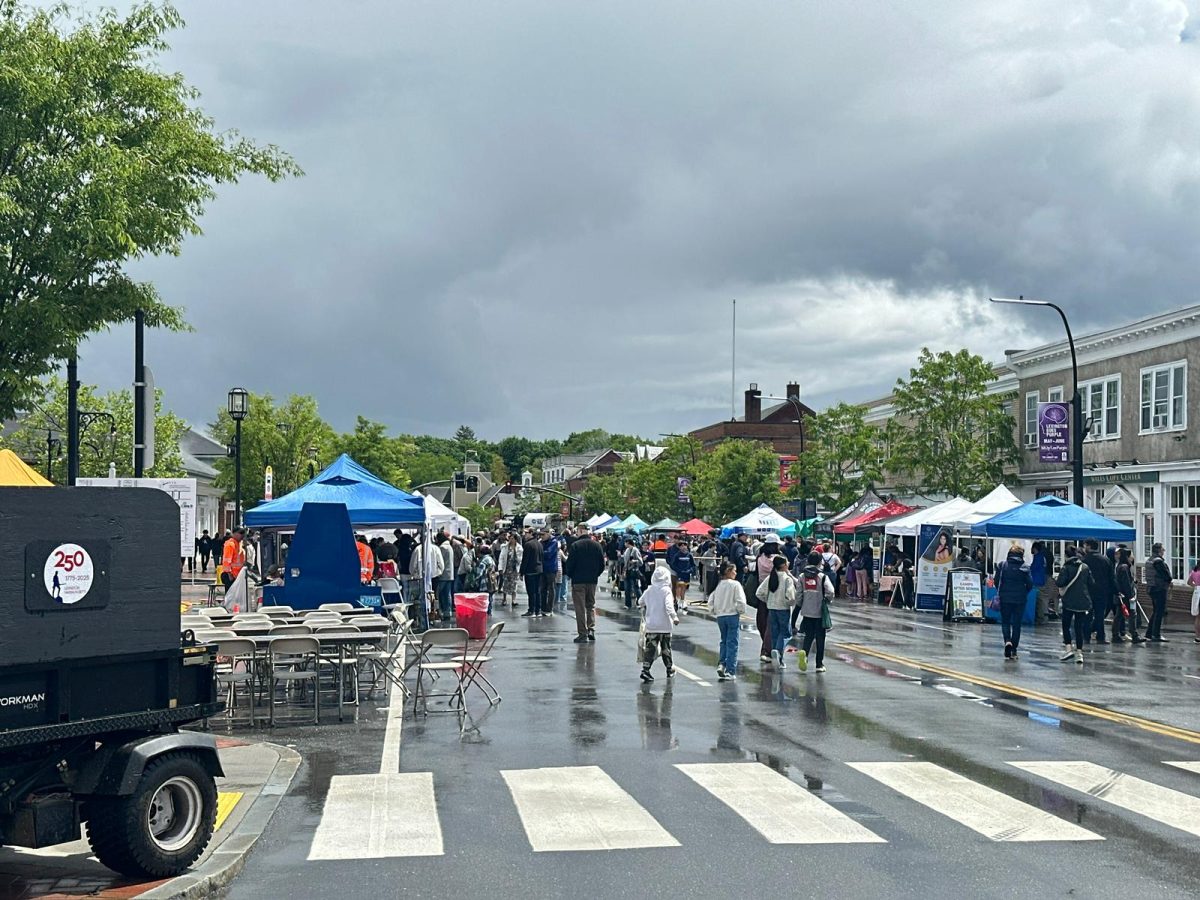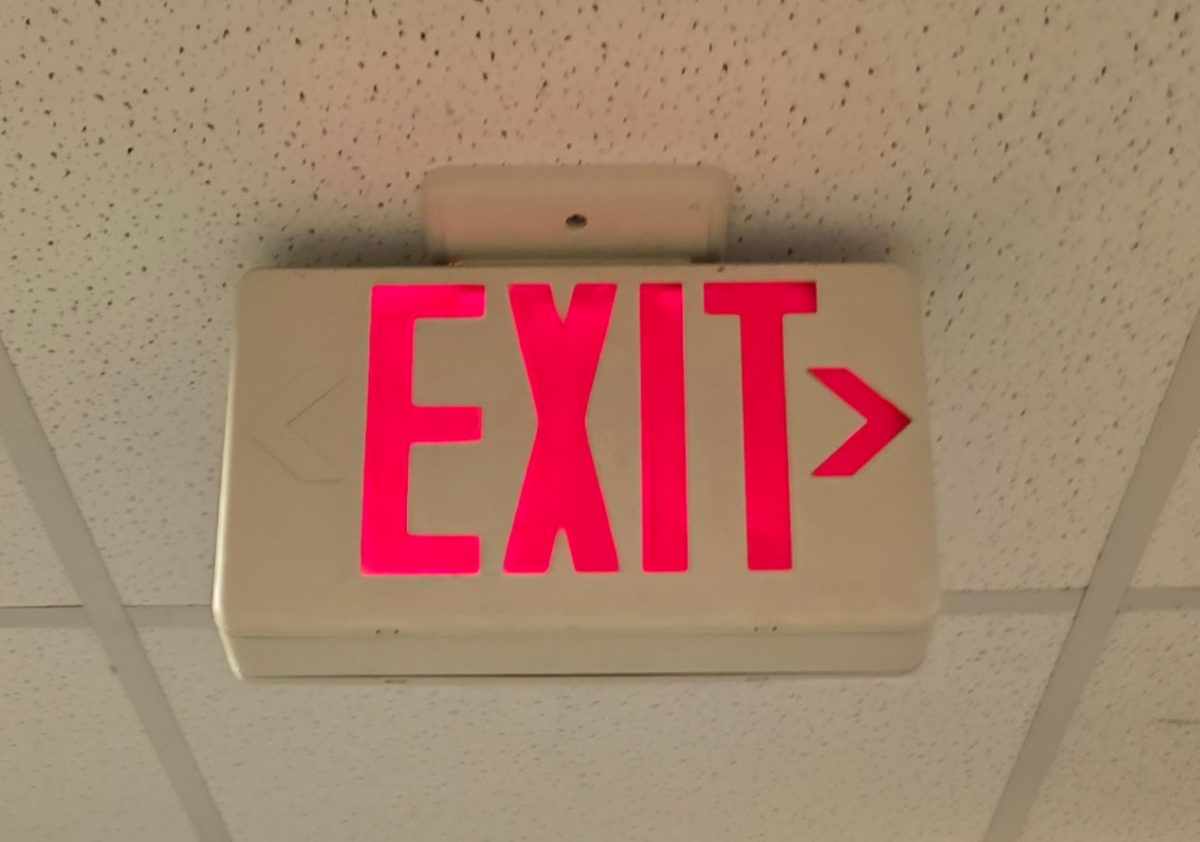Lexington High School offers a huge catalog of courses, and students in their senior year can choose from eight English electives. One of these choices is the Speculative Fiction class, a year-long course dedicated to the reading, interpretation, and creative writing process of the speculative fiction genre.
The class was created almost 20 years ago by David Walsh, who has been teaching it ever since. Originally a class on dystopian stories, the course has changed to capture a broader genre.
“The class is built around the idea that modern existence is having an impact on what it means to be human,” Walsh said.
Generally, classes follow a structure dedicated to exploring a specific story: finding the deeper meanings, analyzing literary symbols and techniques, and learning about world-building methods.
“The students have read before class, and then I’ll introduce some ideas that I want to focus on. And that’s usually philosophical or political with some kind of real-world contemporary relevance,” Brendan Moran, the other teacher of Speculative Fiction, said.
Instead of being a lecture-based format, discussions are the main method of learning in this class.
“We have a lot of free discussion. We don’t have to raise our hand at all talking through the classroom. We learn more about the natural flow of how discussions work in colleges,” Alex Mao, a senior at LHS who is currently taking the course, said.
Likewise, other elements differentiate Speculative Fiction from the English classes an LHS student may take in their first three years of high school.
“We journal a little bit in our personal journals about a specific few questions, which I think is unique. There’s a lot of open discussion within our table groups, and with the whole class, exploring one theme or one story,” Leila Lambiri, a senior at LHS who is currently taking the course, said.
Walsh believes that seniors can utilize concepts from other courses in this one, whether it be science, math, or humanities.
“[Students] bring in their personal academic tastes into this course so much that they’re the ones that are drawing those connections … the lines are really blurry between all these courses. So I’ve had some super interesting discussions with students around those kinds of things,” Walsh said.
For Moran, this is his first year teaching the class. He reflects on his experience with the class so far.
“We’ve had one major paper in Q1, and I really enjoyed it because students wrote about so many different things. And I really just took the chance to comment on them as a conversation with them about the topics that they were writing about,” Moran said.
Students who have previously taken this course have also expressed how impactful the course was.
“On the occasion that students, later on, get back to me, they usually talk to me about how the course really opened their eyes to things going on around them that maybe they realize they weren’t attending to as much as they need to,” Walsh said.
Of course, speculative fiction is ever-changing, and Walsh has more plans for the future of this class as well.
“There’s more and more literature of this kind coming out. There are some good writers out there that are putting together interesting newer pieces of literature. And so, I would like to modernize it,” Walsh said.



